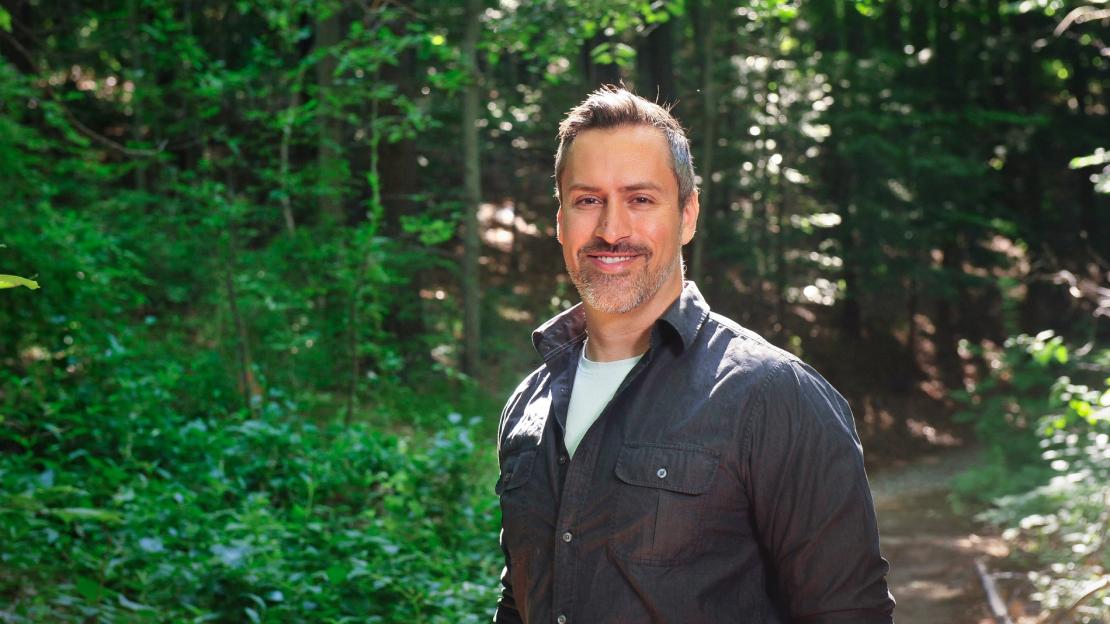Global research in blockchain technology and using theologies to help build more inclusive societies are among four University of Toronto projects sharing almost $1 million in funding from this year’s Connaught Global Challenge Award.
The internal award, funded by the Connaught Fund, supports new collaborations involving leading U of T researchers and students from multiple disciplines, along with innovators and thought leaders from other sectors.
The Connaught funding will help these programs get off the ground and boost efforts to find external funding to further develop solutions to global challenges, as well as create new research-oriented academic programs.
“The Connaught Global Challenge Award is unique,” said Vivek Goel, U of T’s vice-president of research and innovation. “It fosters cross-disciplinary research, harnessing the university’s incredible depth and breadth of expertise to come up with truly innovative, groundbreaking solutions.
“Once again, we have been amazed by the tremendous creativity and desire of U of T’s scholars to work together to tackle some of the world’s most challenging and complicated global problems.”
Marc Cadotte, a biological sciences professor at University of Toronto Scarborough, is receiving $242,500 to set up a Global Urban Biological Invasions Consortium.
The consortium will oversee a network of projects and collaborations to determine the magnitude of invasion economic and ecosystem impacts in cities around the world.
Understanding invasive plant and animal species – and how best to tackle them – is largely based on insights from natural habitats, yet urban ecosystems differ radically because of the human population. Researchers will study a number of issues including how political, economic, trade, and environmental differences among cities influence how vulnerable they are to invasive species.
His team includes U of T researchers Marney Isaac, department of physical and environmental sciences and the Centre for Critical Development Studies at U of T Scarborough, and the department of geography; Daniel Silver, department of sociology at U of T Scarborough; Scott MacIvor and Nicholas Mandrak, department of biological sciences at U of T Scarborough and the department of ecology and evolutionary biology; Sara Hughes, department of political science at U of T Mississauga; Marc Johnson, department of biology at U of T Mississauga and director of the Centre for Urban Environments; Marie-Josée Fortin, department of ecology and evolutionary biology; Sandy M. Smith, Faculty of Forestry; and Liat Margolis, John H. Daniels Faculty of Architecture, Landscape, and Design.
